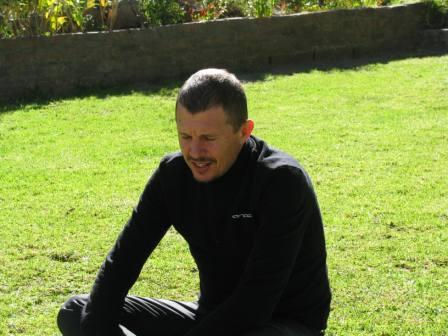
High profile speakers, hailing from Rhodes, University of Cape Town, University of Johannesburg, Princeton Theological Seminary and Utrecht University, will meet this week to debate the aims of higher education at a roundtable discussion at Rhodes University.
The roundtable debate will examine topics ranging from The University: A critical comparison of three ideal types to Higher Education, Culture and Citizenship, from The Raison d’être of Higher Education to Universities, Public Spaces and Values, and Excellence in Higher Education to Academic Communities and their Students.
This roundtable discussion is the second of three. The first, hosted at the beginning of 2010, dealt with the alleged conflict between academic freedom and social responsibility.
The topic of discussion for this, the second roundtable, is “The aims of Higher Education”. The need to tackle this topic in the second roundtable emerged out of the discussions in the first.
Likewise, the third topic is expected to emerge from the discussions planned for this week. Prof Pedro Tabensky, the event organiser said, “The intention is to have intense and focused discussions on issues relating to higher education among scholars and academically-minded administrators who are having a deep impact in the way the tertiary sector is evolving in South Africa.
“One mustn’t forget that the university is a human invention and its shape and purpose should by no means be taken for granted. Here in South Africa we are in a unique position to think about the nature of universities and the tertiary sector in general, given our history and its nefarious legacy.
“Rhodes, for instance, is a university that has largely catered for the privileged and yet we are located in a town which is divided between a small largely white elite, living in the ‘settler village’, and a growing ‘location’ consisting largely of unemployed adults and young people with little prospects of a future outside of poverty.
“The contrast between these two ‘worlds’ is staggering. And it seems to me that the question that those who make up Rhodes University should be asking themselves is: How should we be as scholars and teachers in a context such as this one?”
The issues discussed in the three roundtables are expected to intersect in rich ways and the final result will be far more clarity regarding the fundamental principles that ought to be guiding higher education, in South Africa specifically and more generally.
This series of three roundtables, initially thought of as a once-off series, is now being considered as a pilot for what will become an annual occurrence to take place at Rhodes. The success of the first roundtable has shown the need for intense ongoing debate.
Each speaker will have around 45 minutes to deliver their presentations and there will be around 45 minutes for discussion.
The roundtable events are generously supported by the Ford Foundation.
